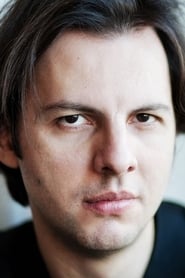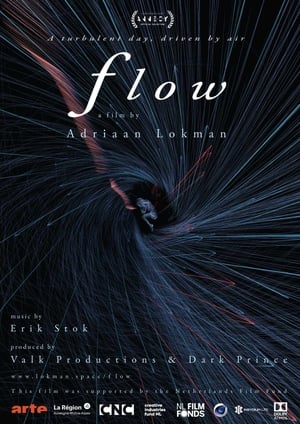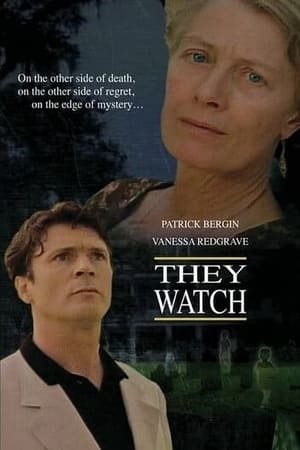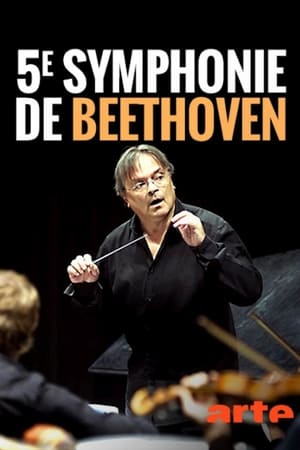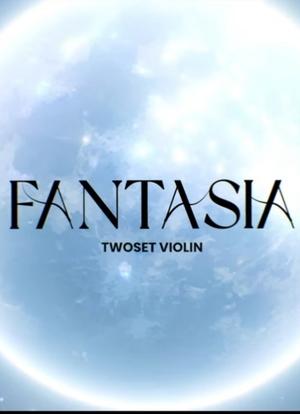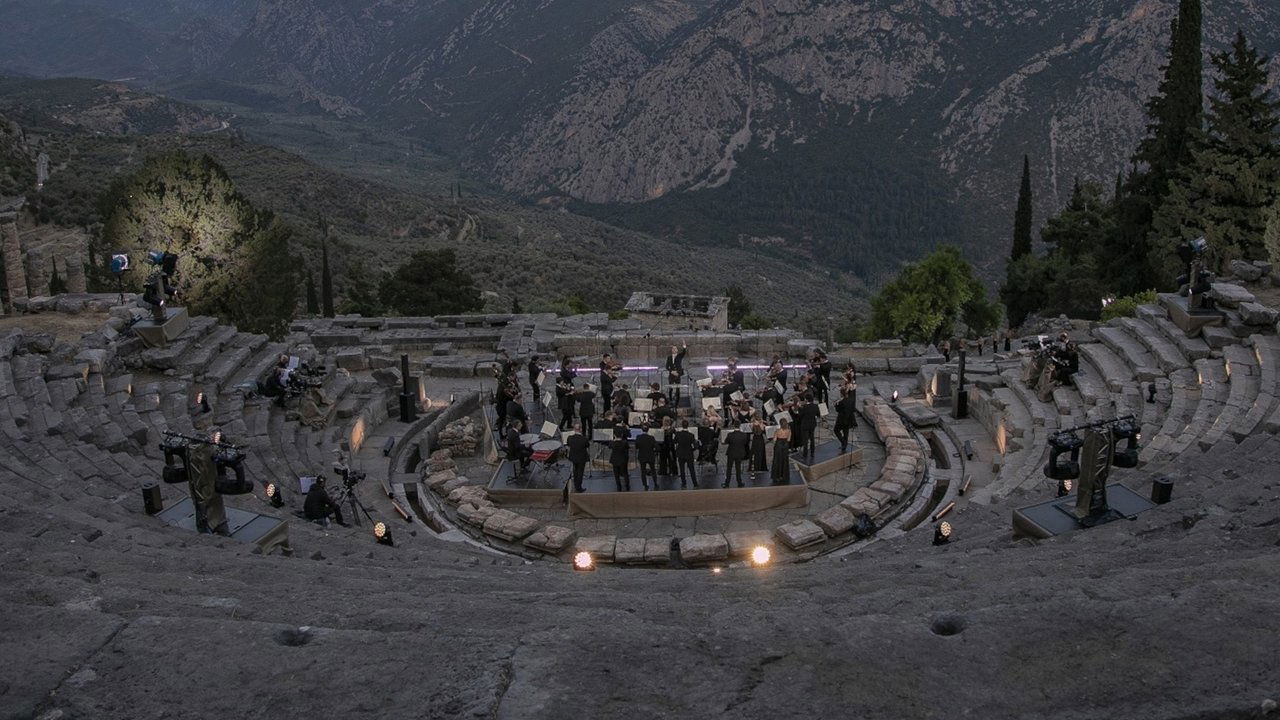
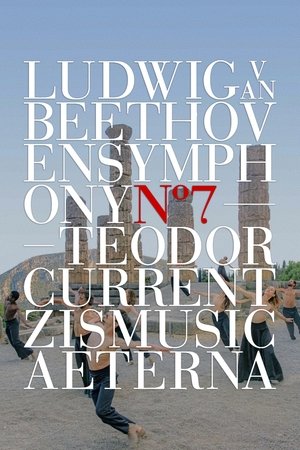
Beethoven: Symphony No. 7(2021)
In the ancient theater of Delphi, against the backdrop of the ruins of the Temple of Apollo, musicAeterna, conducted by Teodor Currentzis, performs Ludwig van Beethoven’s 7th Symphony, in conjunction with a new choreography by Sasha Waltz and her company.


Movie: Beethoven: Symphony No. 7
Top 2 Billed Cast
Self – Orchestra
Video Trailer Beethoven: Symphony No. 7
Recommendations Movies
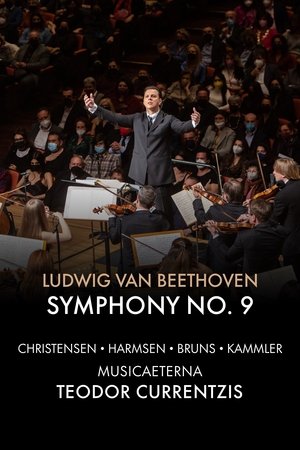 10.0
10.0Currentzis conducts Beethoven Symphony No. 9(de)
Ludwig van Beethoven headed for Symphony No. 9 literally his entire life. As early as the 1790s, he had an eye on Ode to Joy, perhaps the most well-known poem by Friedrich Schiller, written on the threshold of the French Revolution (1786). In his mature and, in particular, later years, the deaf composer with an acute ‘hearing vision’ increasingly distanced himself from conventional forms and genres and wrote parts beyond the possibilities of instruments of his day. He nurtured the idea of a symphony with a choir for at least several years. The history of the Ninth’s interpretations includes 200 years of staggering revelations and lingering stagnation. Performed by the musicAeterna orchestra, choir, and guest soloists under the baton of Teodor Currentzis, Beethoven’s opus magnum acquires the original poignancy and energy of a recent discovery.
 4.2
4.2Kiss Kis Ko(hi)
In the background of a lot interest being shown in music groups, a group of young Indian men, calling themselves "Band of Boys", decide to perform publicly, to share their talents India-wide, as well as to make a career for themselves. They run into problems - it seems the public is only interested seeing a group of sexy young girls perform. This group must now compromise to include a young, sexy girl to be included in their band.
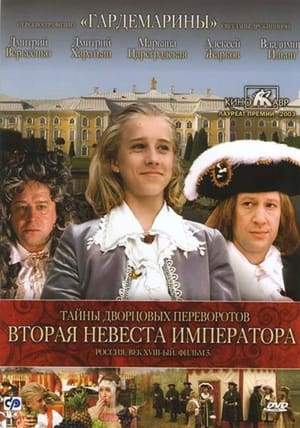 6.1
6.1Secrets of Palace coup d'etat. Russia, 18th century. Film №5. Second Bride Emperor(ru)
As a result of a successful conspiracy against Menshikov, Peter II is prematurely recognized as an adult and is in a hurry to be crowned in Moscow. The Dolgoruky brothers gather for this celebration. There were eight of them - all-powerful and influential representatives of the ancient Rurikovich family - and among them the beautiful Ekaterina, the daughter of the huntsman Alexei.
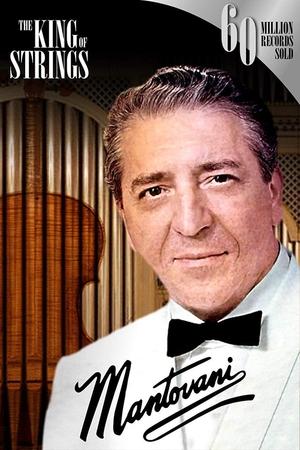 6.0
6.0Mantovani, the King of Strings(it)
Known for his unmistakable cascading strings and recordings such as Charmaine, Mantovani enthralled the world with his sublime arrangements. This is the story of the man and his music.
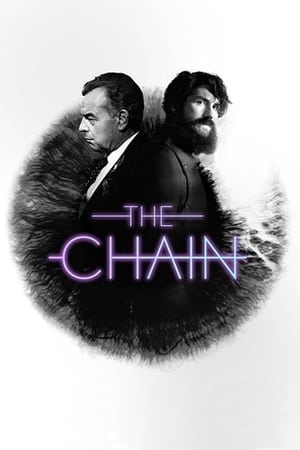 5.1
5.1The Chain(en)
When Mike finds out that he has he same neurological disease as his father, he decides to enter a chain of assisted suicides, which operates under one rule: if you want to die, you must kill someone first.
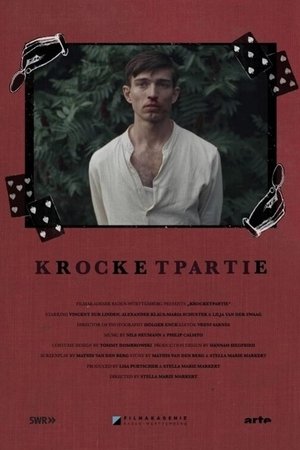 6.0
6.0Krocketpartie(de)
1895. The son of a wealthy industrialist, Hermann has known twins Emil and Klara von Schönaich since childhood. By marrying his friend Klara, the young man would join the nobility, while the von Schönaichs would be able to maintain their extravagant lifestyle thanks to his fortune. But the twins don't see it that way...
Dance of Shame(en)
A burlesque presentation in an antique environment with Faith Bacon in black veils.
 7.1
7.1Tajomaru: Avenging Blade(ja)
TAJOMARU is the famous 'bandit' of the forest from RASHOMON. Whoever kills Tajomaru inherits his name, status and sword. A royal brother leaves his kingdom to protect the princess he loves, only to find a series of harrowing adventures along the way which lead him back to where he came from, and then disinheriting his past to become the bandit TAJOMARU.
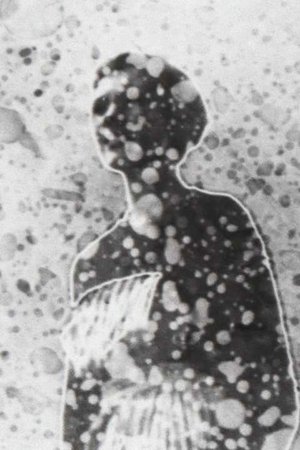 7.1
7.1Lion(en)
A project spanning three years of production and research, Lion is a collection of 7 short films exploring the Chernobyl disaster, the nature of radiation, memory, and personal history. Conceptually arranged in to a film “album”, Lion’s seven works navigate atomic fallout and a girl’s adolescence, a dream before death, radiation as a cause and cure for cancer, masculine bravado, feminine obsession, a trip to Chernobyl amongst the death of a matriarch, and the destruction of memory. Composed of seven works, Lion is a series of films created on 16mm and hand processed with darkroom techniques that mimic the effects of radiation on film. Researched in Chernobyl, the series is a product of memories, history, pop culture and technical experiments to create visual representations of invisible forces.
Untitled Hannibal Project(en)
Based on the real warrior Hannibal, considered one of the greatest military commanders in history, the film will cover the crucial battles he led against the Roman Republic during the Second Punic War.
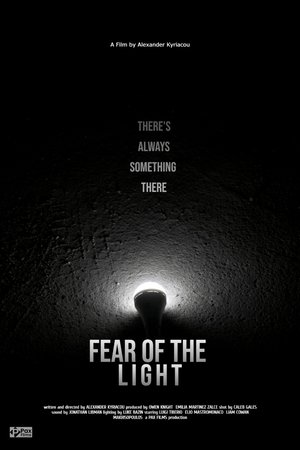 8.1
8.1Fear of the Light(en)
After an unthinkable tragedy, a man's reality is shattered by a seemingly haunted flaslight.
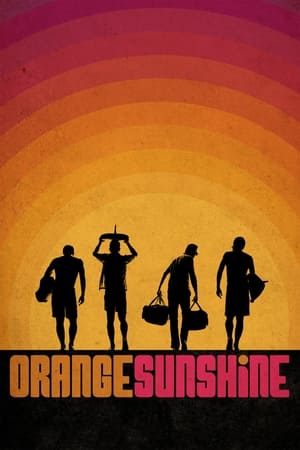 6.5
6.5Orange Sunshine(en)
The never-before-told story of the Brotherhood of Eternal Love – a spiritual group of surfers and hippies in Southern California that became the largest suppliers of psychedelic drugs in the world during the 1960s and early 1970s. Bonded by their dreams to fight social injustice and spread peace, this unlikely band of free-spirited idealists quickly transformed into a drug-smuggling empire and at the same time inadvertently invented the modern illegal drug trade. At the head of the Brotherhood, and the heart of this story, is the anti-capitalistic husband and wife team, who made it their mission to change the world through LSD.
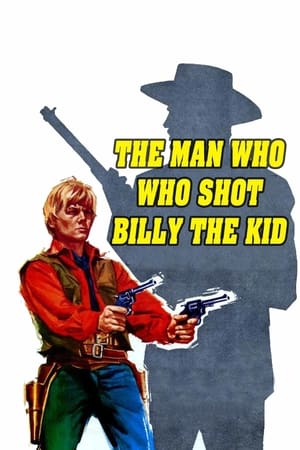 5.6
5.6The Man Who Killed Billy the Kid(es)
This spaghetti western presents a fictitious version of the often filmed legend of Pat Garrett and Billy the Kid. Billy becomes innocently an outlaw while protecting his mother, but then turns into a trigger happy killer. When he falls in love he tries with the help of Pat Garrett, a fatherly friend, to change back. However, circumstances force Billy to become violent again and it is Garrett who is credited with the killing.
 4.6
4.6Sharknado 3: Oh Hell No!(en)
The sharks take bite out of the East Coast when the sharknado hits Washington, D.C. and Orlando, Florida.
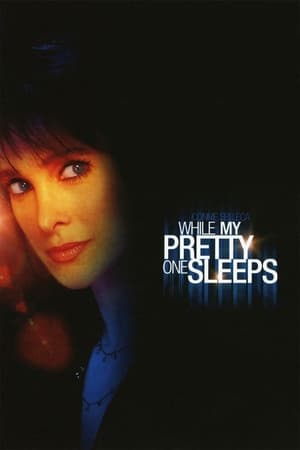 4.6
4.6While My Pretty One Sleeps(en)
Delves into the rivalries and undercurrents in the world of high fashion.
 4.9
4.9Welcome to L.A.(en)
The lives of a group of Hollywood neurotics intersect over the Christmas holidays. Foremost among them, a songwriter visits Los Angeles to work on a singer's album. The gig, unbeknownst to him, is being bankrolled by his estranged father, a dairy magnate, who hopes to reunite with his son. When the songwriter meets an eccentric housewife who fancies herself a modern-day Garbo, his world of illusions comes crashing down.
 0.0
0.0Edible City(en)
Edible City is a feature-length documentary film that tells the stories of extraordinary people who are digging their hands into the dirt, working to transform their communities and doing something truly revolutionary: growing local Good Food systems that are socially just, environmentally sound, and economically resilient.
Similar Movies
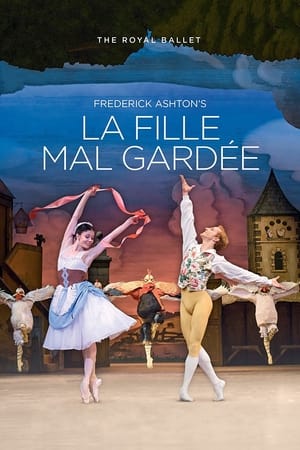 0.0
0.0La Fille Mal Gardée (The Royal Ballet)(en)
Frederick Ashton's La Fille mal gardée (The Wayward Daughter) is one of the choreographer's most joyous and colourful creations. Inspired by his love for the Suffolk countryside, the ballet is set on a farm and tells a story of love between Lise, the daughter of Widow Simone, and Colas, a young farmer. It contains some of Ashton's most stunning choreography, most strikingly in the series of energetic pas de deux that express the youthful passion of the young lovers, performed here by Natalia Osipova and Steven McRae. The ballet is laced with exuberant good humour, and elements of national folk dance, from dancing chickens and a maypole dance to a Lancashire clog dance for Widow Simone, performed by Philip Mosley.
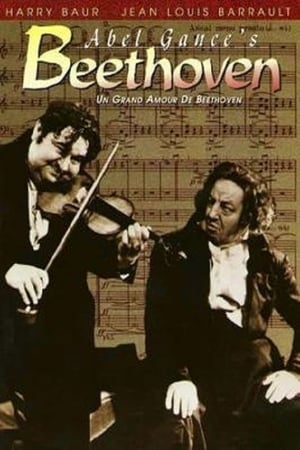 6.9
6.9The Life and Loves of Beethoven(fr)
Lyrical biography of the classical composer, depicted as a romantic hero, an accursed artist.
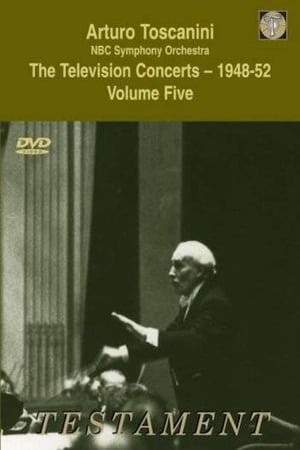 0.0
0.0Toscanini: The Television Concerts, Vol. 9: Beethoven: Symphony No. 5/Respighi: The Pines of Rome(en)
The historic Toscanini television concerts with the NBC Symphony Orchestra. Broadcast #9 was of a concert on March 22, 1952, at Carnegie Hall, featuring Beethoven's 5th Symphony and Respighi's Pines of Rome. (Concerts #8 and #9 were released on "Vol. 5" in the DVD series.)
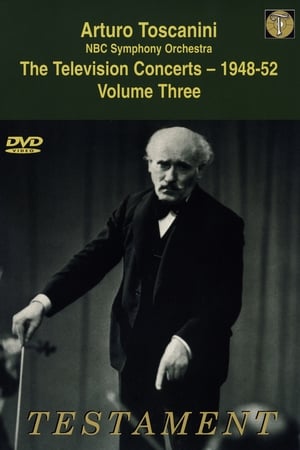 0.0
0.0Toscanini: The Television Concerts, Vol. 5: Verdi: Aida(en)
The historic Toscanini television concerts with the NBC Symphony Orchestra. This concert, broadcast in two parts, on 26 March and 2 April 1949, from NBC Studio 8H, features the opera "Aida" by Giuseppe Verdi. (Both broadcasts were released as "Vol. 3" in the DVD series.)
 6.2
6.2House of Ricordi(it)
The film covers a hundred years in the lives of the Ricordi family, the Milan publishing house of the title, and the various composers and other historic personalities, whose careers intersected with the growth of the Ricordi house. It beautifully draws the parallel between the great music of the composers, the historic and social upheavals of their times, as well as the "smaller stories" of the successive generations of Ricordi.
 0.0
0.0London Symphony Orchestra: The Young Debussy(en)
The evocative music of Claude Debussy has been described as the foundation of modern music. But how did the composer come to develop his unique style? On this video, maestro Francois-Xavier Roth and the London Symphony Orchestra present the UK premiere of a previously lost work by the young Debussy, alongside some of his earliest inspirations. Debussy's newly discovered Premiére Suite gives a rare insight into the mind of a young composer on the cusp of innovation. It's a work filled with Romantic and Eastern influences and glimpses of the unexpected harmonies that came to define Debussy's work. Paired alongside the composer's role models - from Wagner's powerful intertwining motifs, the abundant Spanish influences in Lalo's rarely-heard Cello Concerto performed here by Edgar Moreau, and Massenet's majestic Le Cid - Francois-Xavier Roth gives a fresh perspective on the much-loved composer.
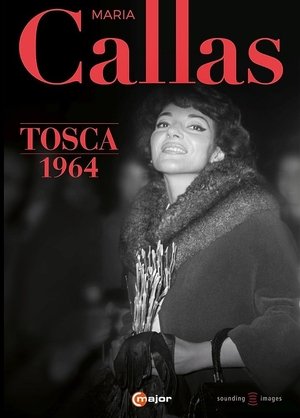 0.0
0.0Maria Callas Sings Tosca, Act II(en)
At the beginning of 1964, the music world experiences something completely unexpected. Maria Callas returns to the opera stage as the prima donna. Her “Tosca” at the Royal Opera House becomes a sensation. Maria Callas wants to show everyone once again that she deserves the title of “prima donna assoluta.” On the condition that star director Franco Zeffirelli take over the direction, the exceptional singer agrees to sing the role of Tosca. The BBC recorded the 2nd act of the opera for television. It is one of the most dramatic acts in opera history: in order to free the painter Cavaradossi from the hands of torturers, Tosca ends up murdering the police chief Scarpia. The film footage is one of the rare opportunities to see Maria Callas in an opera performance and to experience her highly emotional performance art and vocal abilities...
 6.8
6.8Four Minutes(de)
Jenny is young. Her life is over. She killed someone. And she would do it again. When an 80-year-old piano teacher discovers the girl’s secret, her brutality and her dreams, she decides to transform her pupil into the musical wunderkind she once was.
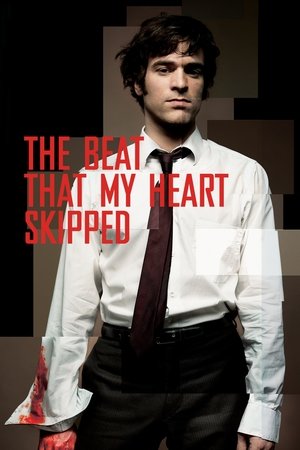 6.9
6.9The Beat That My Heart Skipped(fr)
A ruthless real estate agent discovers a passion for piano and auditions with help from a young virtuoso, but the pressures of his corrupt career threaten to derail his musical aspirations.
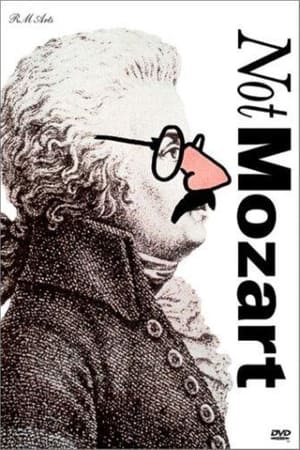 7.0
7.0Not Mozart: Letters, Riddles and Writs(en)
Letters, Riddles and Writs is a one act opera for television by Michael Nyman broadcast in 1991.
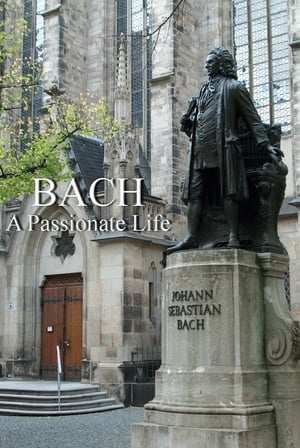 7.0
7.0Bach: A Passionate Life(en)
John Eliot Gardiner goes in search of Bach the man and the musician. The famous portrait of Bach portrays a grumpy 62-year-old man in a wig and formal coat, yet his greatest works were composed 20 years earlier in an almost unrivalled blaze of creativity. We reveal a complex and passionate artist; a warm and convivial family man at the same time a rebellious spirit struggling with the hierarchies of state and church who wrote timeless music that is today known world-wide. Gardiner undertakes a 'Bach Tour' of Germany, and sifts the relatively few clues we have - some newly-found. Most of all, he uses the music to reveal the real Bach.
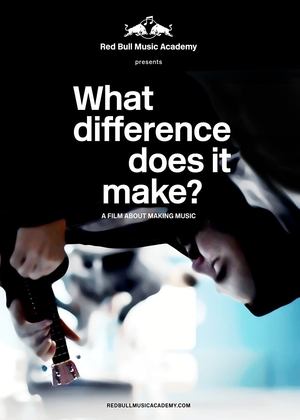 5.1
5.1What Difference Does It Make?(en)
A documentary that explores the challenges that a life in music can bring.
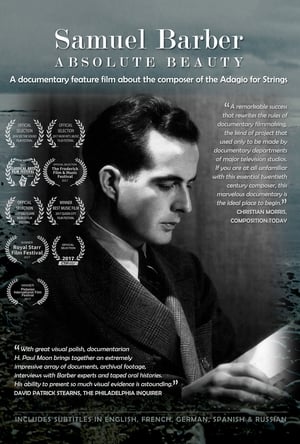 10.0
10.0Samuel Barber: Absolute Beauty(en)
Known for his mournful "Adagio for Strings," Samuel Barber was never quite fashionable. This acclaimed film is a probing exploration of his music and melancholia. Performance, oral history, musicology, and biography combine to explore the life and music of one of America’s greatest composers. Features Thomas Hampson, Leonard Slatkin, Marin Alsop and many more of the world's leading experts on Barber's music, with tributes from composers Leonard Bernstein, Aaron Copland, Virgil Thomson and William Schuman. The film was broadcast on PBS, and screened at nine film festivals internationally, with three best-of awards. It was named a Recording of the Year 2017 by MusicWeb International.
 6.0
6.0Fidelio(de)
Beethoven’s only opera is a masterpiece, an uplifting story of risk and triumph. In this new production, conducted by Antonio Pappano, Jonas Kaufmann plays the political prisoner Florestan, and Lise Davidsen his wife Leonore (disguised as ‘Fidelio’) who daringly sets out to rescue him. Set in strong counterpoint are the ingredients of domestic intrigue, determined love and the cruelty of an oppressive regime. The music is transcendent throughout and includes the famous Act I Quartet, the Prisoners’ Chorus and Florestan’s impassioned Act II cry in the darkness and vision of hope. Tobias Kratzer’s new staging brings together the dark reality of the French Revolutionary ‘Terror’ and our own time to illuminate Fidelio’s inspiring message of shared humanity.
 10.0
10.0Summer Night Concert: 2014 - Vienna Philharmonic(en)
The renowned orchestra presents the world's biggest annual classical open air concert live from their hometown Vienna, Austria on Thursday, May 29th, 2014. The Summer Night Concert with the Vienna Philharmonic is an annual open-air event that takes place in the magical setting of the Schönbrunn Palace Park in Vienna with the palace as a magnificent backdrop. Everyone is invited to come to this unique occasion with free admission. Each year up to 100,000 people can take up the invitation, or enjoy on radio and TV in over 60 countries.
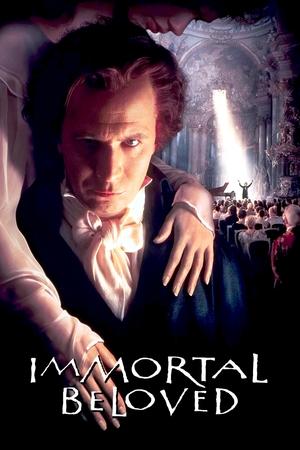 7.1
7.1Immortal Beloved(en)
A chronicle of the life of infamous classical composer Ludwig van Beethoven and his painful struggle with hearing loss. Following Beethoven's death in 1827, his assistant, Schindler, searches for an elusive woman referred to in the composer's love letters as "immortal beloved." As Schindler solves the mystery, a series of flashbacks reveal Beethoven's transformation from passionate young man to troubled musical genius.
 7.0
7.0Aida - Arena di Verona(it)
The grand scale and magnificent acoustics of the Roman arena in Verona are ideally suited to the pageantry of Verdi's Egyptian opera, presented here in a staging that is true to the original 1913 production, framed by obelisks and sphinxes and filled with chorus and dancers. Chinese soprano Hui He has won international acclaim for her portrayal of the eponymous slave girl whose forbidden love for the war hero Radamés (Marco Berti, the experienced Verdi tenor) brings death to them both.
